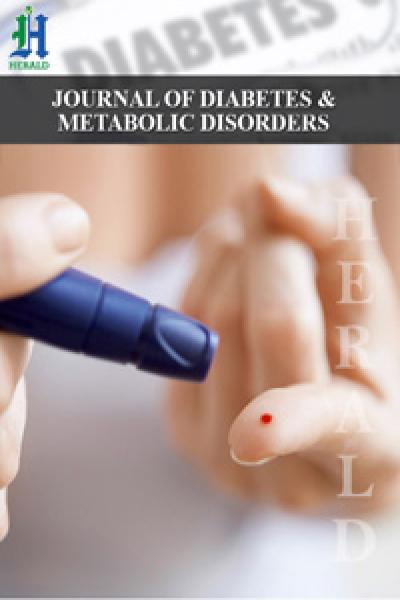
Prediabetes
Prediabetes is a metabolic condition characterized by blood glucose levels that are elevated above normal but not high enough to meet the diagnostic criteria for diabetes. It includes impaired fasting glucose (IFG), impaired glucose tolerance (IGT), or elevated HbA1c levels (5.7%–6.4%). Prediabetes is a critical stage in the progression toward Type 2 diabetes and is often associated with insulin resistance, central obesity, dyslipidemia, and hypertension. Without intervention, a significant proportion of individuals with prediabetes will progress to full-blown diabetes within five years. However, it also represents a window of opportunity for prevention. Lifestyle modification—particularly weight loss (5–7% of body weight), healthy eating, and regular physical activity—can significantly delay or even prevent diabetes onset. Pharmacological options such as metformin may be considered in high-risk individuals, including those with a history of gestational diabetes or severe obesity. Screening and early identification in at-risk populations are vital. Public health awareness and education campaigns focused on prediabetes can empower individuals to make healthier choices and reduce the burden of diabetes-related complications.

